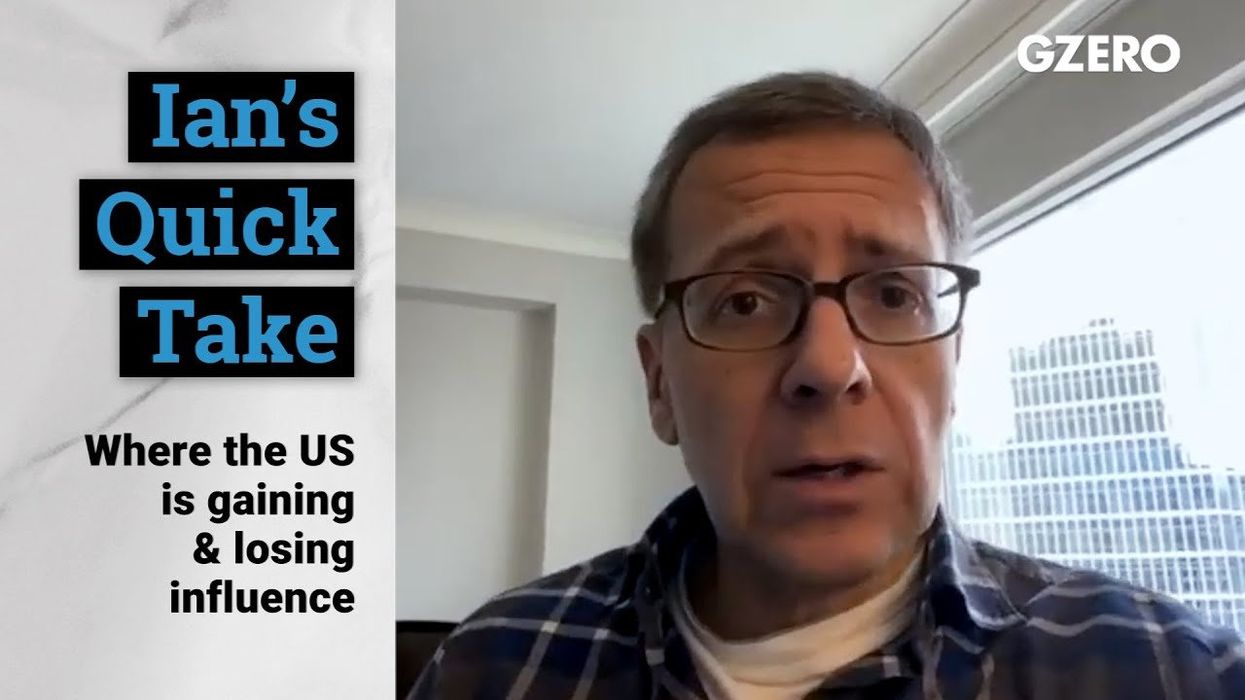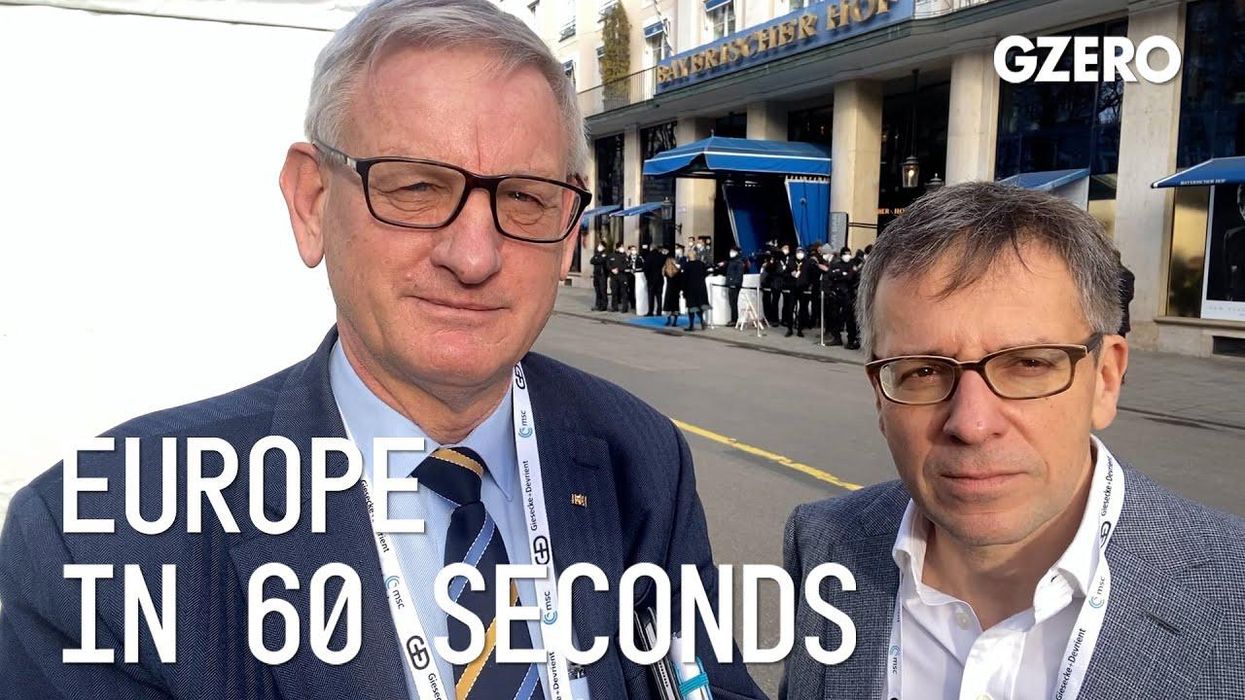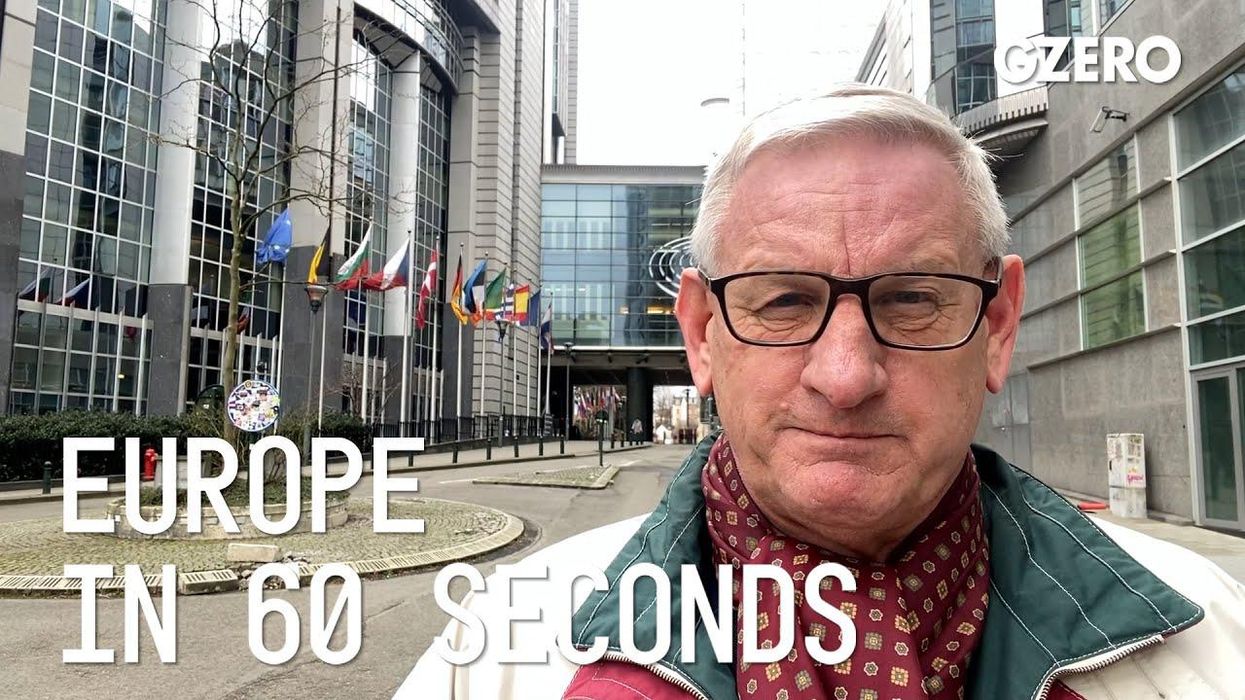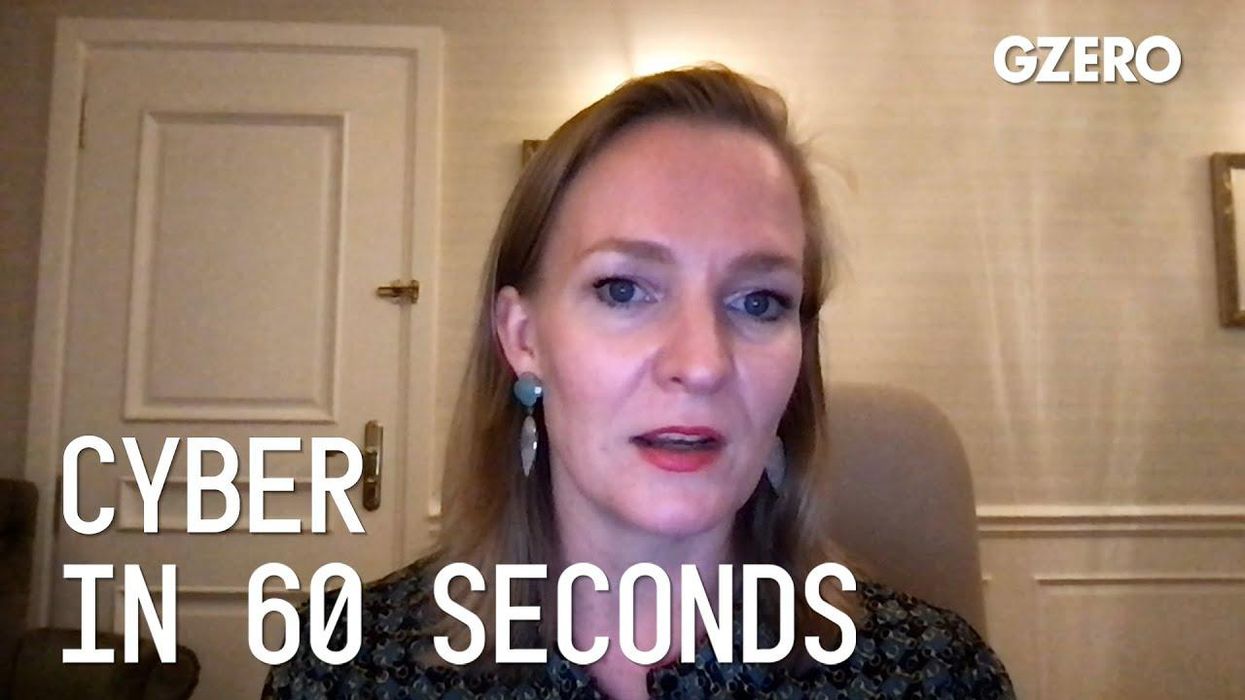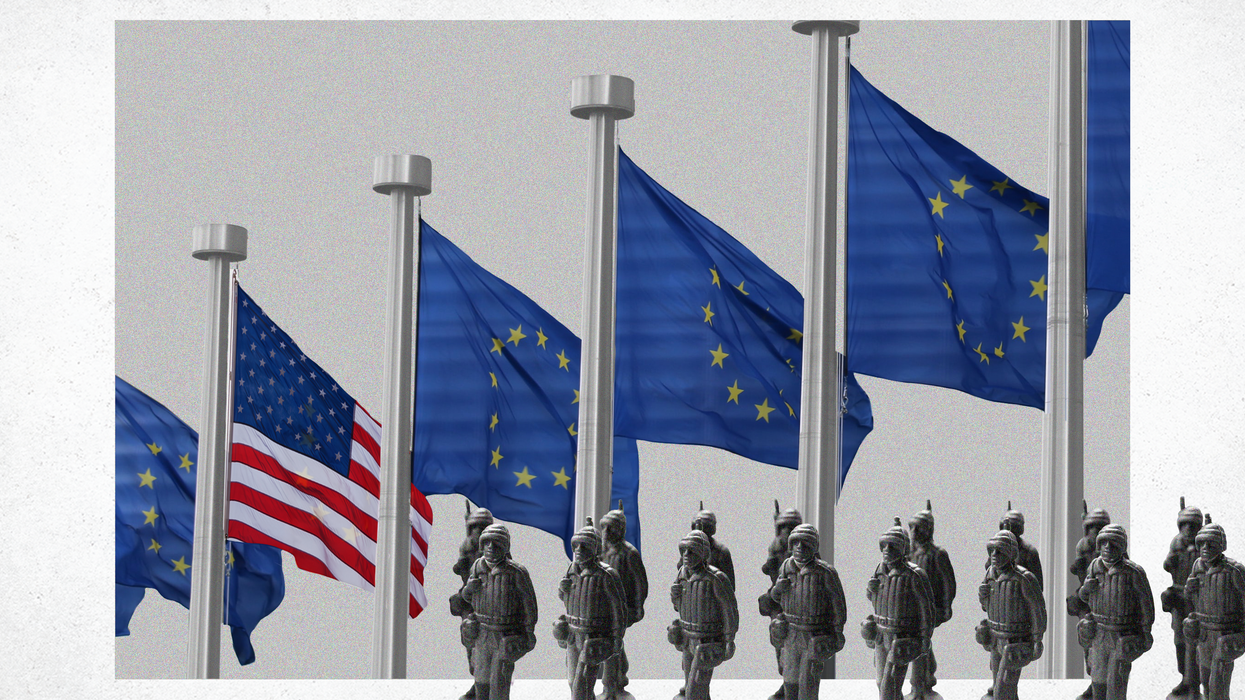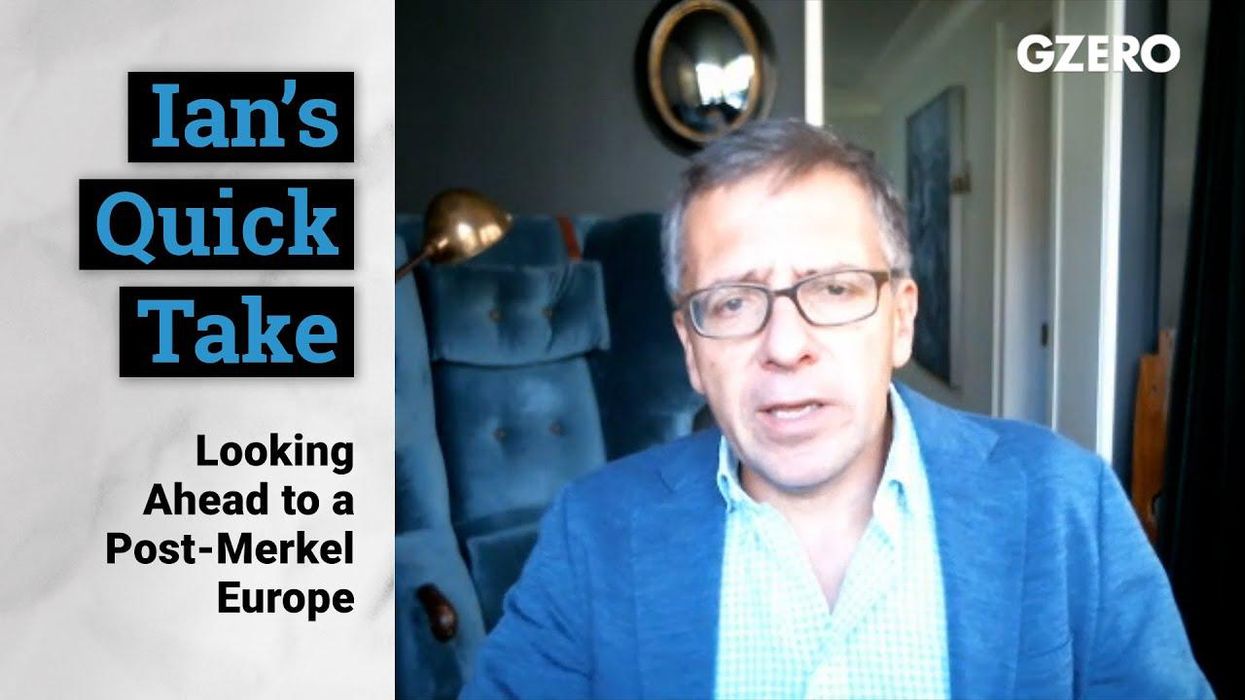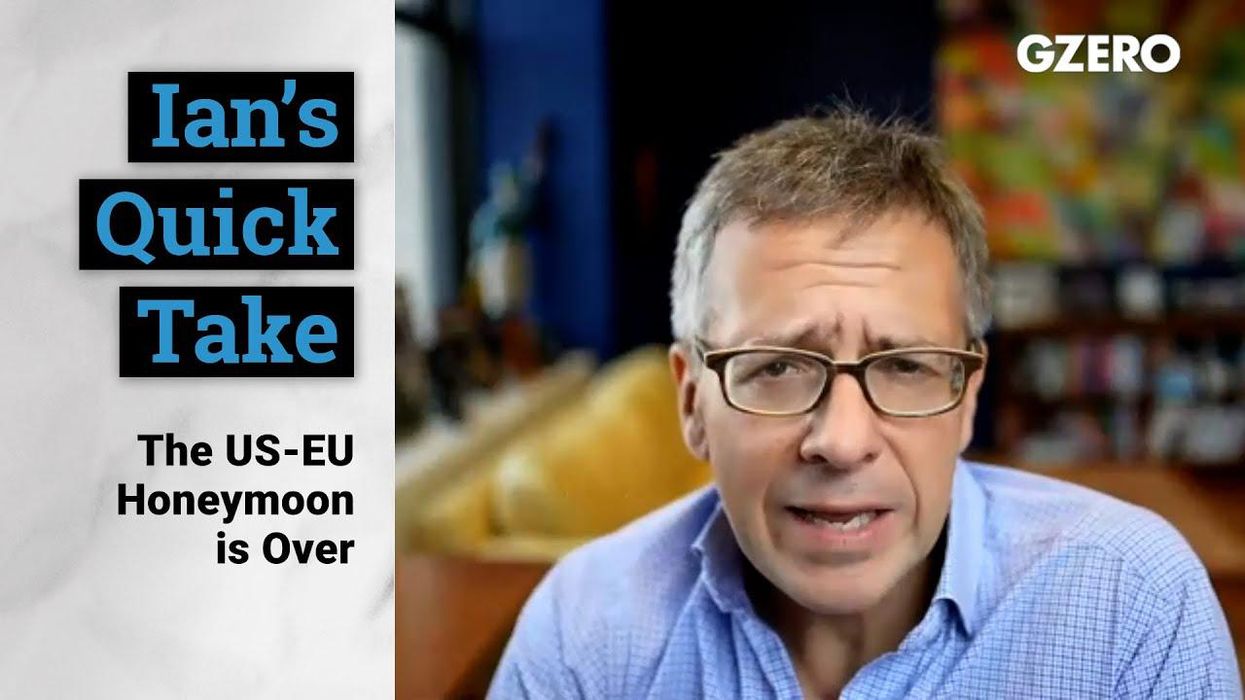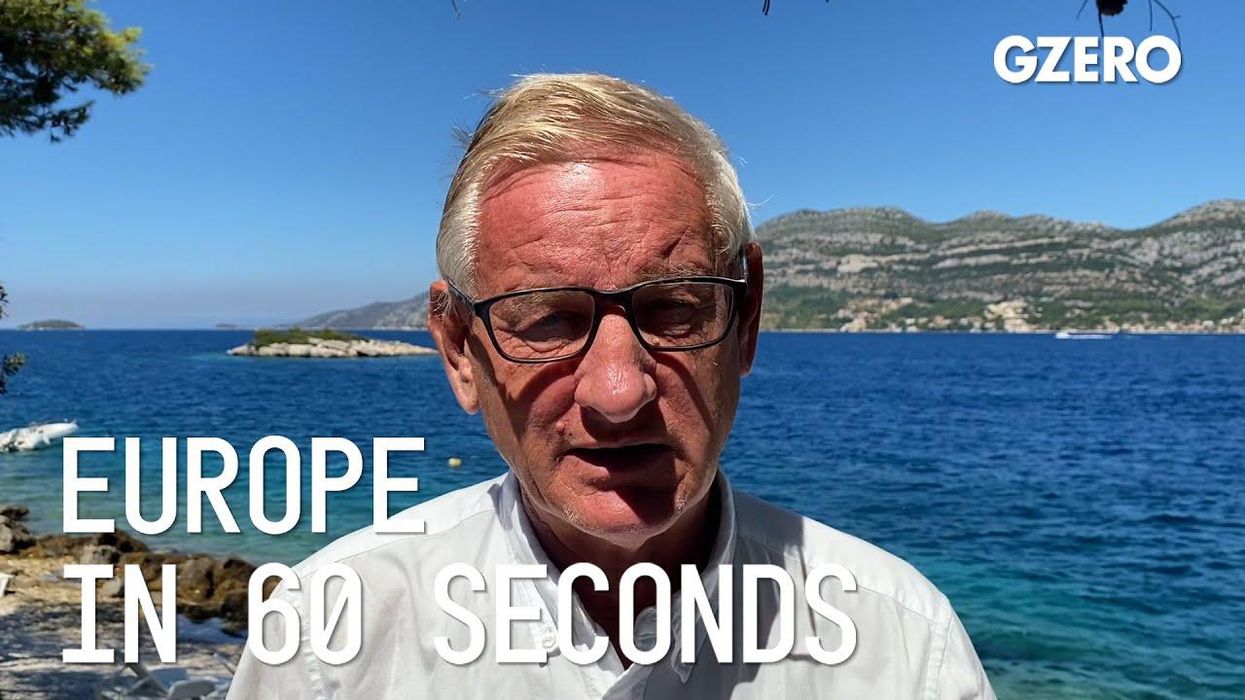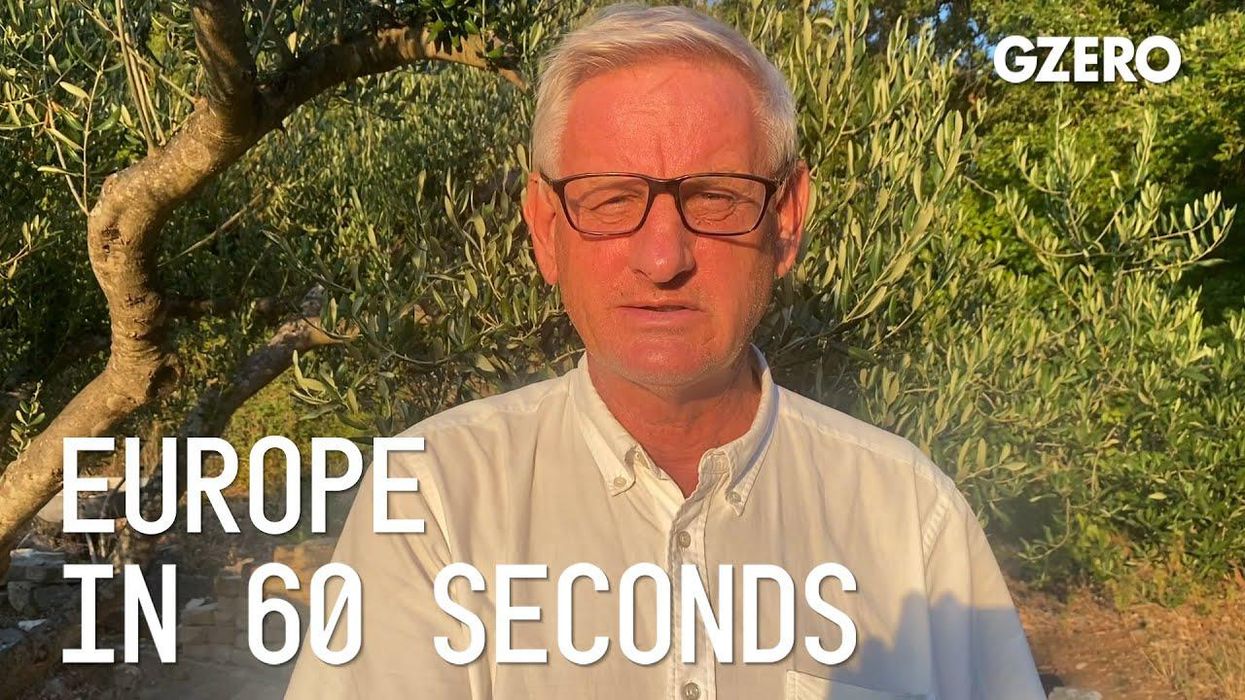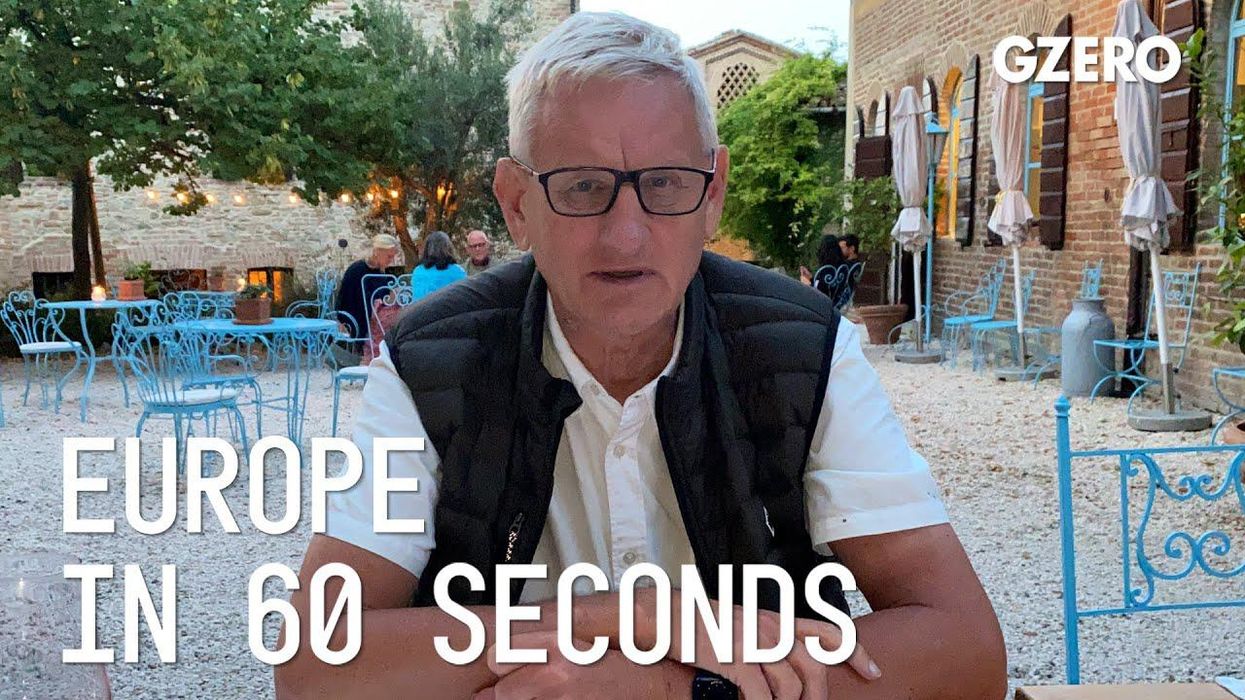Quick Take
Where the US is gaining and losing influence
Ian Bremmer's Quick Take: I thought I would talk a bit about where US relations are with other countries in the world. I got a question from someone over the weekend that said, "Are there any countries where the United States actually has better relations today than they did ten years ago?" I think this reflects that the world feels like it's heading in a difficult direction, with America losing influence. And it's mixed, right?
Apr 17, 2023
